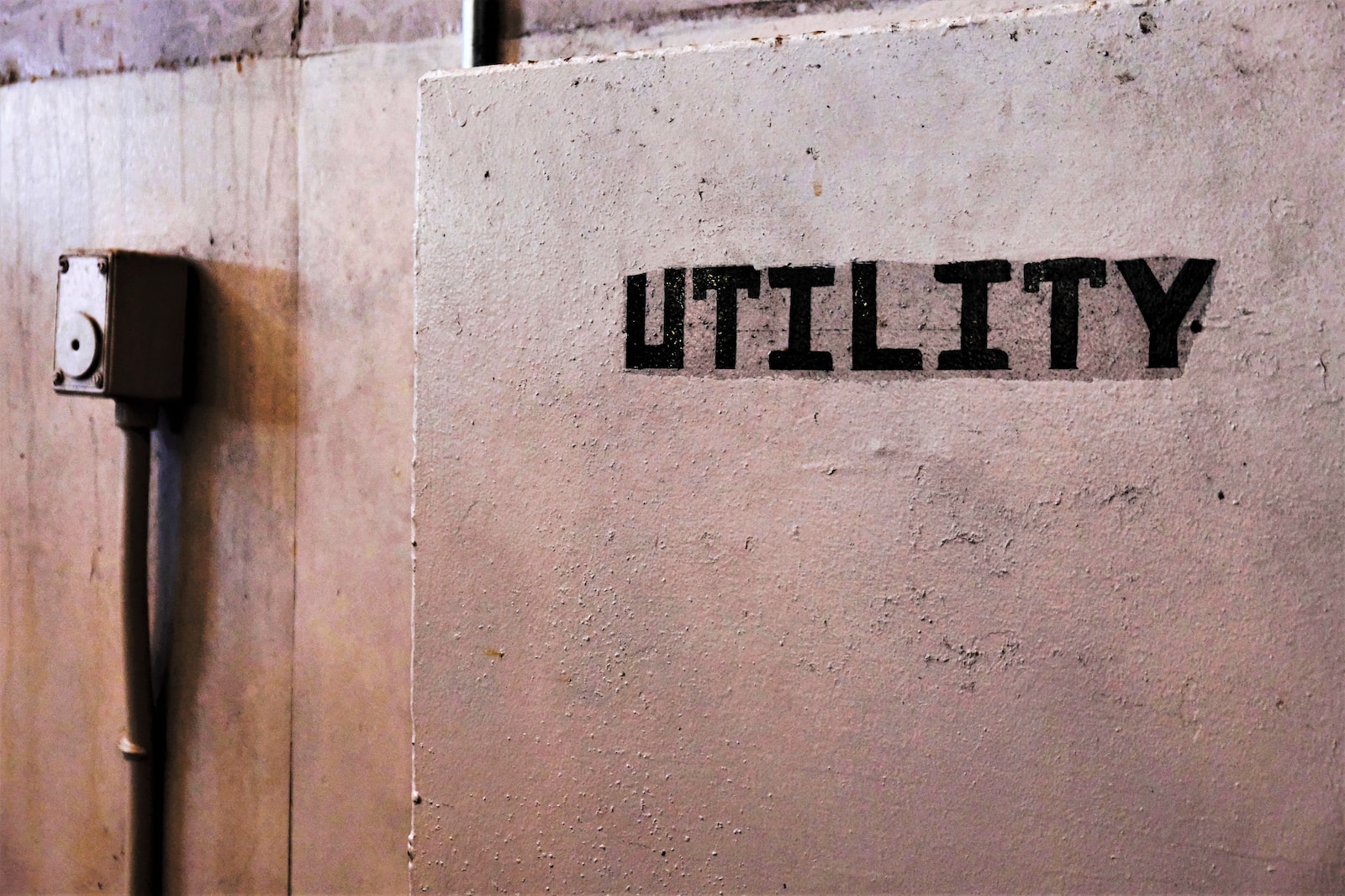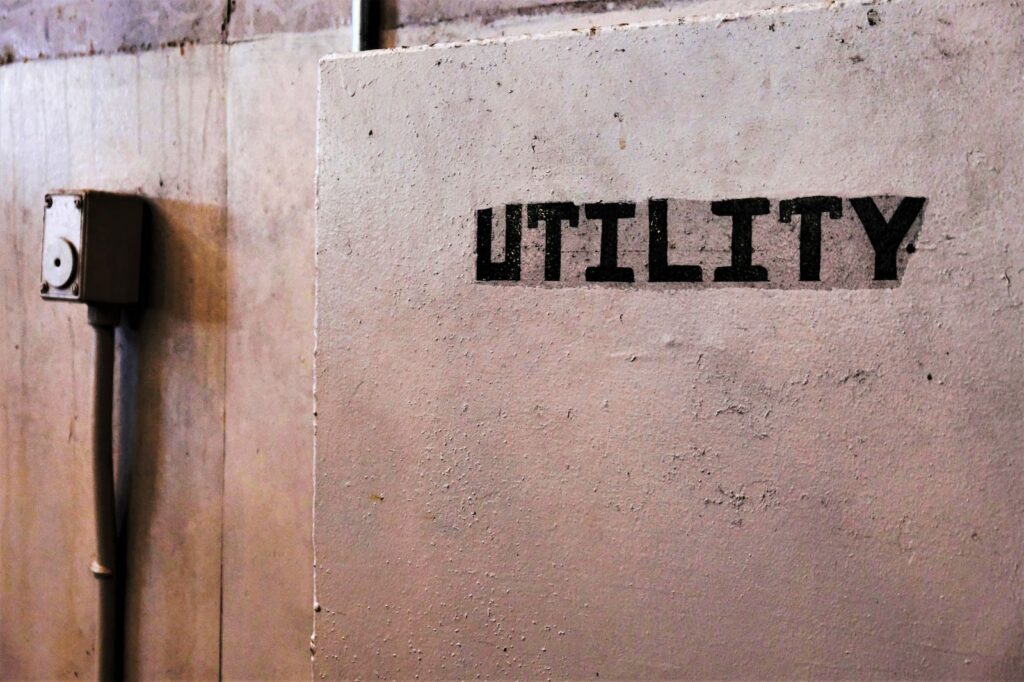I stumbled across my list recently and decided to revisit and possibly rewrite a few. For the seasoned utility regulators and regulated: let me know whether any of these resonate with you based on your experience. For those new to the regulated utility industry: Have you been introduced to any of these maxims?
-
“It’s all about the rate base.”
Upon joining the old Wisconsin Power & Light Company from Xerox in 1978, the then young vice-president, and later WP&L and Alliant CEO, Errol Davis observed in an interview in
Fortune magazine that utilities were a crazy business. He used as an example the fact that a utility could increase its earnings by redecorating the offices. Traditional utility executives fumed over the quote. But Davis was more right than wrong. Increasing “rate base” is still the way to grow earnings for most regulated utilities.
-
“Don’t fight the numbers.”
Contrary to popular opinion no utility likes, or should like, to file for a request with its regulators for an increase in rates. The process is expensive. It’s an invitation to the regulator to examine every item of expense and most management decisions and the results are unpredictable. Nonetheless when its time its time. Permanently lost sales volumes, and market price moves upward for the all items a utility purchases, and sometimes changes in law or regulation all can add up to a legitimate need to file for an increase.
-
“Weather happens, so deal with it.”
Cool summers for electric utilities and warm winters for gas utilities usually bode poorly for the year’s end resulting financials. Not much can be done when the weather diverges from the expected “average” weather embedded in the assumptions leading the rates currently in effect. As we learn more and more about the “climate change” we may reconsider the parameters and time periods used in the estimation of “average” weather for a location. It still remains for management of regulated utilities to explain to their independent board of directors how the low “reported earning” become higher (and adequate)“normalized earnings” when adjustments are mode for “average” weather conditions and sales volumes.
-
“The cost causer is the cost payer”
This was a favorite adage of the Rev. Stanley York, my colleague on the Wisconsin Public Service Commission in the 1980’s who served for a period as the Chairman. It is one of those things that seems so simple in theory but turns out to be difficult in practice. A recent alternative could be the Federal Energy Regulatory Commission’s implied adage that the entity which benefits from a cost should pay for the cost, whether it had any hand in the decision-making or not.
-
“Everyone is someone’s native load.”
This once referred to an issue in wholesale electric ratemaking and I include it because it was an observation made by the Honorable Martin Allday, who was Chairman of the Federal Energy Regulatory Commission (FERC) when I served as a commissioner in the 1990’s. He made the observation a number of times so that it was included in a comedy skit during one of the annual Energy bar Association dinners. The statement was about the notion that in all cases, under our electric franchise system, someone had to be responsible that adequate electricity supply as procured. No one was to be left outside the system.
-
“When is doubt, follow the money.”
Sorting out complicated regulatory filings and rulings can be a challenging task. This maxim I shared with by my staff at the Wisconsin PSC and at the FERC, as well as with many newly appointed state commissioners who over the years sought me out for some impromptu or planned lessons in regulation. Even the most obscure and minor change in a regulatory rule can affect some party’s pocketbook somewhere – or the request for change would not have been made. If the order language, economic theory, or engineering is so complicated as to border on the incomprehensible, turn to this adage.
-
“If the regulator ain’t happy, no one’s happy.”
This is copied from the commercial T-shirts on sale with the sentiment expressed in terms of keeping “mothers” happy. The “regulator” in this case refers not only to the commissioners but also to the commission staff. My old mentor, the late Joseph Brennan, at one time a preeminent rate-of-return witness, used to say that no public utility should be viewed as “winning a rate case.” This idea reflects my opinion that a key competency for the management of a utility should be the ability to manage successfully under regulation. This means maintain a positive professional relationship based on trust.
-
“Change has no constituency.”
Originally this was from a quote by former GE CEO Jack Welch. In later readings I have seen other authors on management refer to this in slightly different language. James Q. Wilson writes about management attempting to implement change in his excellent book
Bureaucracy: What Government Agencies Do and Why They Do It. Wilson observes that
“We ought not to be surprised that organizations resist innovation. They are supposed to resist it.” He also invokes “the well-known bureaucratic adage ‘
Never do anything for the first time.’ ”
In
Bureaucracy Wilson however provides examples of where change occurred and how it was successfully or unsuccessfully implemented by management. His advice is sound
“However authority is distributed, the executive who wishes to make changes has to create incentives for subordinates to think about, propose and help refine such changes…”
As we enter a period when many in the regulated industry are looking for a new model or model for the structure of the electric utility this adage about change is relevant.
Send me your own favorite adage or maxim having to do with utilities. Interesting submissions may receive a bottle of my finest slivovitz.


